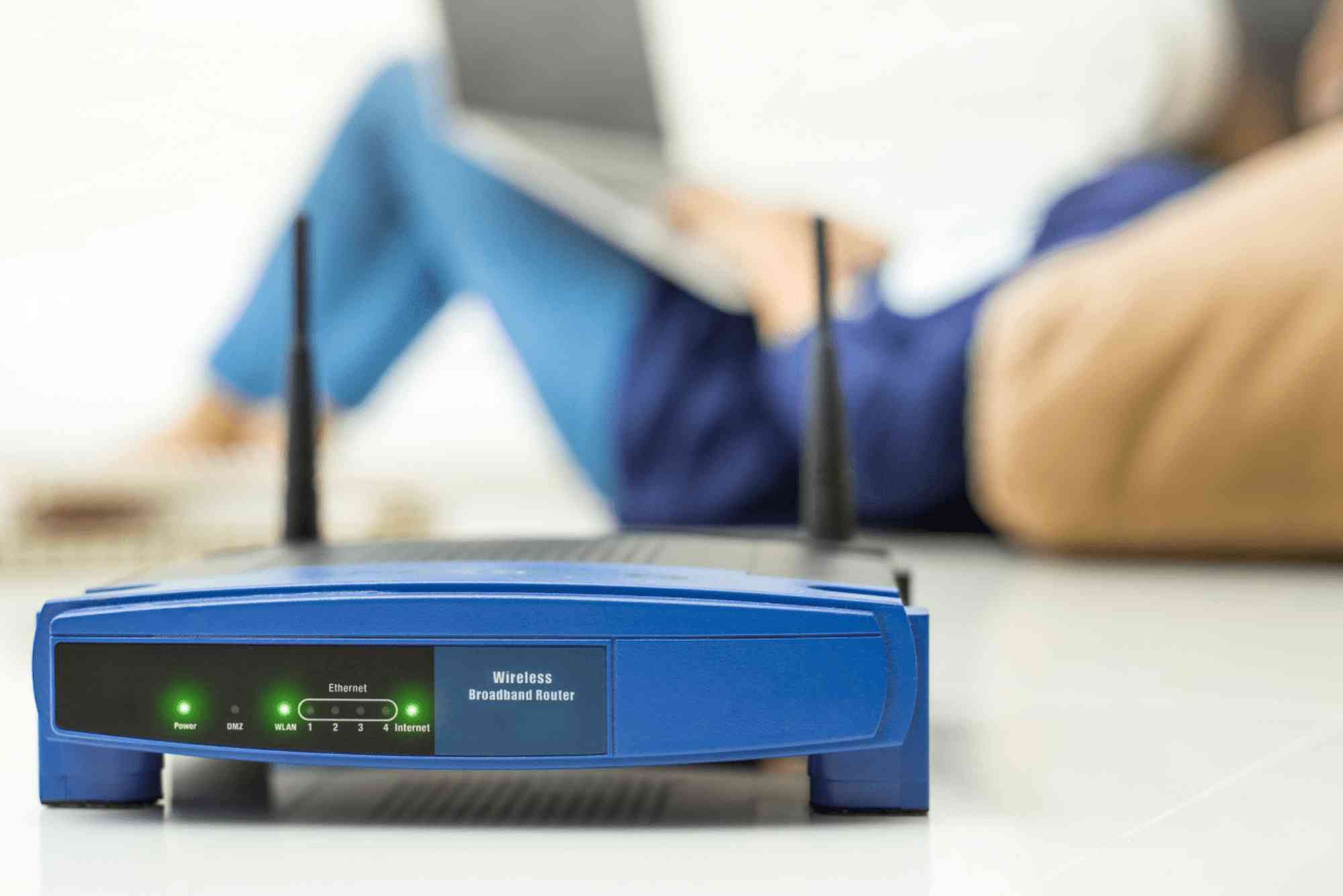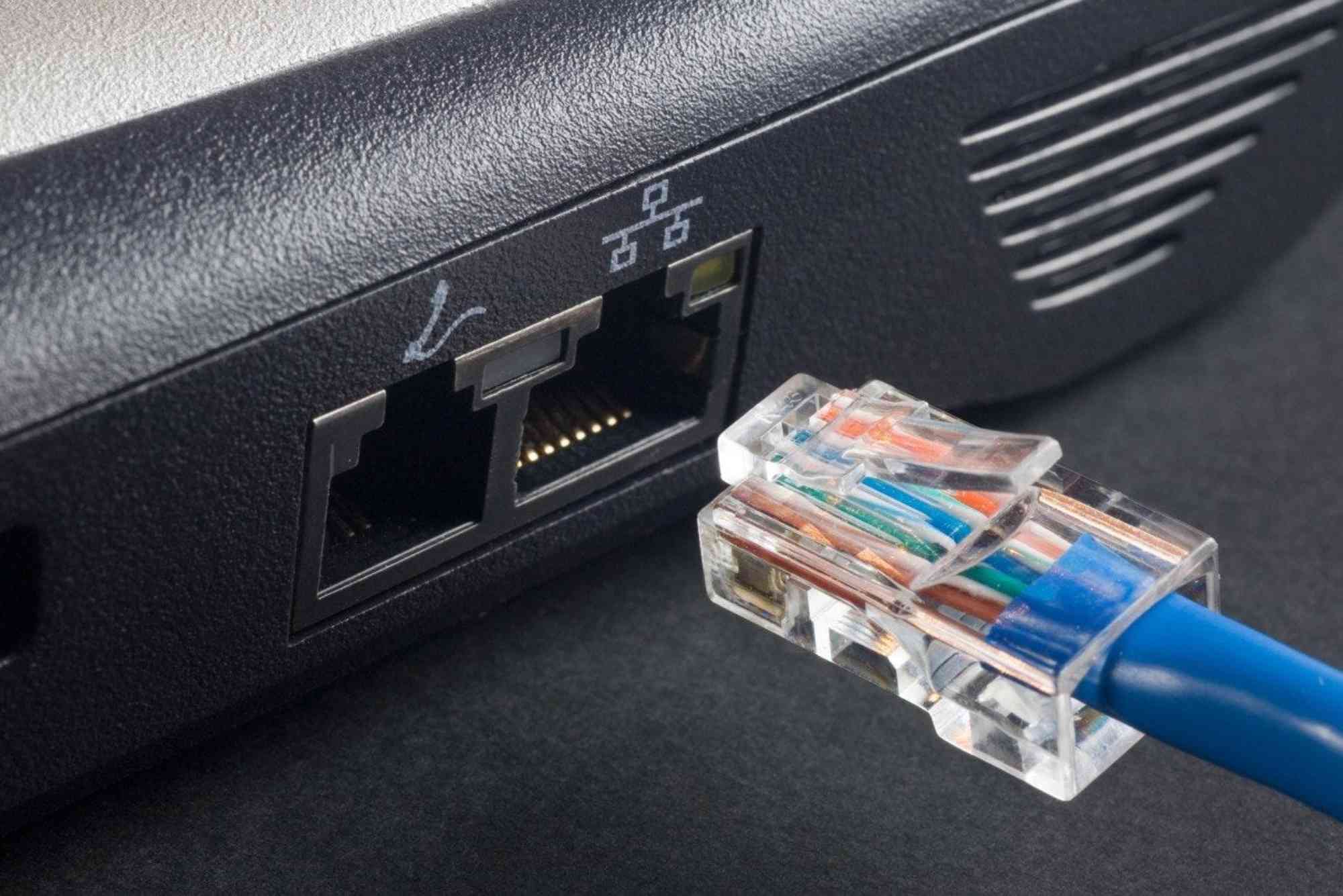ISP Router vs Own Router: Which Is Better for You?
When setting up your home internet, one of the first decisions you’ll face is whether to use the router provided by your Internet Service Provider (ISP) or invest in your own. This choice can significantly impact your network’s performance, security, and even your monthly expenses. In this comprehensive guide, we’ll explore the differences between an ISP router and your own router, helping you make an informed decision tailored to your needs.
What Is an ISP Router?
An ISP router is the device supplied by your internet service provider to connect your home network to the internet. Often, this is a modem-router combo that combines the functions of both a modem and a router into a single device. ISPs typically offer these devices as part of their service package, sometimes including them in the monthly subscription fee or charging a separate rental fee.
Pros of Using an ISP Router
-
Convenience: The router is pre-configured and ready to use, simplifying the setup process.
-
Technical Support: If issues arise, your ISP provides support for the device.
-
Cost: No upfront investment is required if the device is included in your service plan.
Cons of Using an ISP Router
-
Limited Features: ISP routers often lack advanced features found in higher-end models.
-
Performance: They may not offer the best performance, especially in larger homes or with many connected devices.
-
Rental Fees: Some ISPs charge a monthly rental fee for the router, which can add up over time.
What Is an Own Router?
An own router refers to a device that you purchase independently of your ISP. These routers often come with advanced features, better performance, and greater customization options. By using your own router, you can tailor your network to better suit your specific needs.
Pros of Using Your Own Router
-
Enhanced Performance: High-quality routers offer better speed, range, and reliability.
-
Advanced Features: Access to features like Quality of Service (QoS), guest networks, and enhanced security protocols.
-
Cost Savings: Eliminate monthly rental fees charged by ISPs.
-
Greater Control: More control over network settings and configurations.
Cons of Using Your Own Router
-
Upfront Cost: Initial investment can be higher compared to using an ISP-provided router.
-
Setup Complexity: May require more time and technical knowledge to set up and configure.
-
Compatibility Issues: Not all routers are compatible with every ISP, so compatibility checks are necessary.
ISP Router vs Own Router: A Detailed Comparison
To help you decide, let’s compare the two options across various factors:
Performance
ISP routers are generally basic models designed to serve a wide range of customers. While they may suffice for light browsing and streaming, they often struggle with multiple devices or high-bandwidth activities. On the other hand, owning a high-quality router can provide faster speeds, better coverage, and improved reliability, especially in larger homes or for users with high internet demands.
Features
ISP routers typically offer limited features, focusing on basic connectivity. Advanced features like parental controls, guest networks, and advanced security settings are often absent or rudimentary. With your own router, you can choose a model that offers the features most important to you, such as robust security protocols, customizable settings, and support for the latest Wi-Fi standards.
Cost
While ISP routers may seem cost-effective initially, many ISPs charge a monthly rental fee, which can add up over time. By investing in your own router, you can eliminate this recurring cost. Additionally, owning a router allows you to choose a model that fits your budget and performance needs, potentially saving money in the long run.
Security
ISP routers often have limited security features and may not receive regular firmware updates. This can leave your network vulnerable to threats. With your own router, you can select a model with advanced security features, such as WPA3 encryption, and have more control over firmware updates, enhancing your network’s security.
Control and Customization
ISP routers typically offer limited customization options, restricting your ability to configure settings to your preference. Owning your own router provides greater control, allowing you to adjust settings like Quality of Service (QoS), port forwarding, and firewall configurations to optimize your network’s performance and security.
How to Choose the Right Router for Your Needs
When deciding between an ISP router and your own router, consider the following factors:
-
Internet Usage: If you have multiple users streaming, gaming, or working from home, a high-performance router may be beneficial.
-
Home Size: Larger homes may require routers with extended range or mesh systems to ensure consistent coverage.
-
Budget: Factor in both the initial cost of purchasing a router and any potential savings from eliminating rental fees.
-
Technical Expertise: Consider your comfort level with setting up and configuring network equipment.
Choosing between an ISP router and your own router depends on your specific needs and circumstances. If you value convenience and minimal setup, an ISP router may be suitable. However, if you seek enhanced performance, advanced features, and greater control over your network, investing in your own router is a wise choice.
Evaluate your internet usage, home size, and budget to determine the best router option for you. Consider consulting with a networking professional to ensure compatibility and optimal performance.
Frequently Asked Questions (FAQs)
1. Can I use my own router with any ISP?
Most ISPs allow customers to use their own routers, but it’s essential to ensure compatibility. Check with your ISP to confirm that your chosen router will work with their service.
2. Will using my own router improve my internet speed?
Using a high-quality, modern router can enhance your network’s performance, especially if your current ISP router is outdated or lacks advanced features.
3. Do I need to return the ISP-provided router if I use my own?
Typically, yes. To avoid rental fees, you’ll need to return the ISP-provided router. Contact your ISP for their specific return procedures.
4. Can I use a mesh system with my own router?
Yes, many mesh systems are compatible with third-party routers. Ensure that the mesh system you choose supports integration with your router.
5. What is bridge mode, and should I use it?
Bridge mode disables the routing functions of your ISP’s modem-router combo, allowing your own router to handle all routing tasks. This can improve performance and prevent issues like double NAT.







